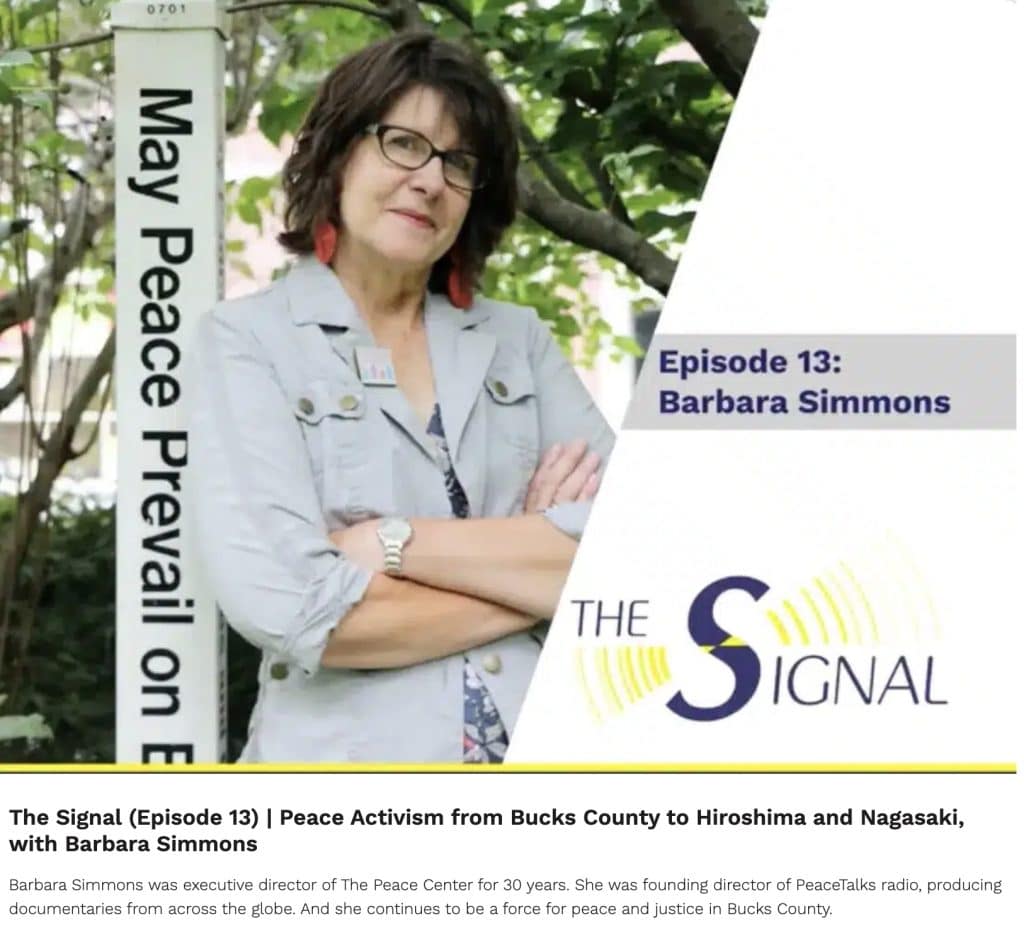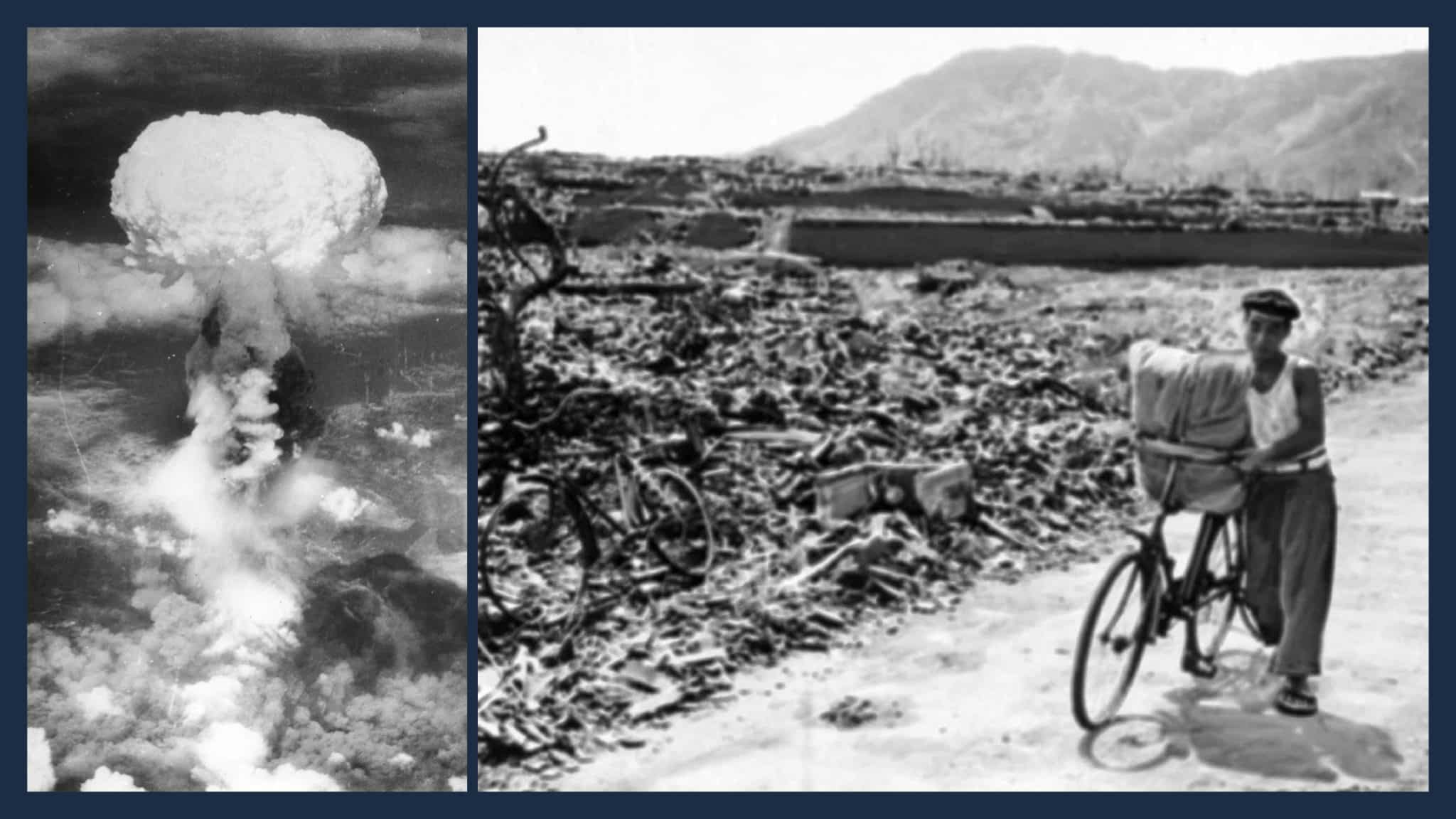As we approach the eightieth anniversary of the U.S. bombings of Hiroshima and Nagasaki this month, on August 6 and 9, respectively, the danger of nuclear war is great and growing.
So far this year, five of the nine nations that possess nuclear weapons have been engaged in active military operations that could have, and might still, escalate to the use of those weapons. Russia continues its war of conquest in Ukraine and its oft-repeated threats to use nuclear weapons. Israel and the United States have attacked sites in Iran that might be used to build nuclear bombs. And India and Pakistan fought another, fortunately brief, war over Kashmir.
The world can no longer indulge in the denial which has marked our thinking since the end of the Cold War. Nuclear war is a real and present danger that we must acknowledge and confront.
A large-scale nuclear war between the United States and Russia, according to the best available science, would kill hundreds of millions of people in the first afternoon, and lead to a global famine that kills some six billion people, three quarters of humanity, in the first two years. Even a more limited nuclear war, as might have taken place between India and Pakistan, could trigger a global famine that kills two billion people worldwide, including 130 million in the United States.
Former U.S. Secretary of Defense Robert McNamara famously observed that we did not survive the Cuban Missile Crisis because we knew what we were doing. Rather, he said, “We lucked out. It was luck that prevented nuclear war.”

The current policy of all nine nuclear states (which besides the ones named above include England, France, China, and North Korea) is really nothing more than a hope for continued good luck. And that, of course, is crazy. Sooner or later, luck runs out. If we do not eliminate nuclear weapons, it is not a question of “if” but only a question of “when” they will be used.
It doesn’t have to be that way. Nuclear weapons are not a force of nature over which we have no control. They are machines that we have built. We know exactly how to dismantle them. We have already dismantled some 50,000 of these weapons over time and could easily dismantle the estimated 12,000 that remain. But, for that to happen, we need to convince the leaders of the nuclear armed states to do so.
Here in the United States, the Back from the Brink campaign has built a national network demanding fundamental change in U.S. nuclear policy. It calls for the United States to begin negotiations with the other eight nuclear armed states for a verifiable, enforceable agreement to eliminate their nuclear arsenals, according to an agreed upon timetable.
The campaign is supported by more than seventy cities and towns, including Boston, Philadelphia, Baltimore, Washington, D.C., Chicago, Milwaukee, Minneapolis, Des Moines, Los Angeles, San Francisco, Tucson, and Salt Lake City; by state legislatures in California, Oregon, and Rhode Island; by legislative bodies in Maine and New Jersey; and by more than 400 advocacy groups.
READ: Bucks County must band together to ‘Ban the Bomb’
Resolutions “urging the United States to lead the world back from the brink of nuclear war and halt and reverse the nuclear arms race” are before both the U.S. House of Representatives and the U.S. Senate. H. Res. 317, introduced in April by Representative James McGovern, Democrat of Massachusetts, has attracted twenty-eight co-sponsors; S. Res. 323, introduced on July 16 by Senator Edward Markey, Democrat of Massachusetts, has four co-sponsors.
We need to build on this momentum and create a broad movement, like the Nuclear Freeze Campaign of the 1980s, to eliminate nuclear weapons before they eliminate us.
“Let all the souls here rest in peace; for we shall not repeat the evil.” That is the inscription on the cenotaph in the Peace Memorial Park in Hiroshima. As the specter of nuclear war looms ever larger, that pledge should be the guiding star.
It is not enough to remember and honor the dead. We must use this somber anniversary to organize the strongest possible movement to eliminate nuclear weapons so that, indeed, the evil is not repeated.
This column was produced for Progressive Perspectives, a project of The Progressive magazine, and distributed by Tribune News Service.






